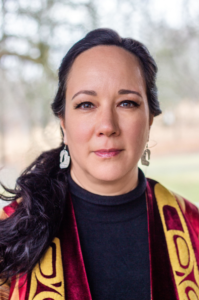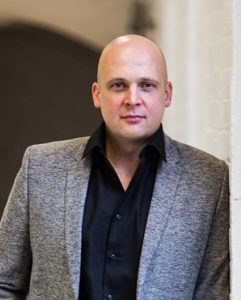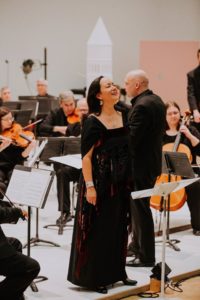While Orchestras Canada serves a national network of Canadian orchestras, our office is on the treaty and traditional territory of the Michi Saagiig Anishinaabeg. We offer gratitude to the First Peoples for their care for, and teachings about, our earth and our relations. We will honour those teachings.
We are grieved by the anti-Black racist events in recent weeks.
We acknowledge that our society is built on, yet critically weakened by, systemic racism.
Orchestras Canada is committed to a more just society for all.
We are committed to sustained and effective action, manifested through our internal practices and our service to orchestras and the music that is shared.
With much to learn, we approach this important work with humility and transparency, guided by colleagues with lived experience. Their guidance is truly a generous gift.
We call on Canadian orchestras to recruit Black people, Indigenous people, and People of Colour in decision-making roles, as board members, lead volunteers, arts workers, and arts leaders.
We call on Canadian orchestras to welcome Black artists, Indigenous artists, and artists of colour to their stages, as conductors, performers, soloists, composers, mentors, and creators.
Until Canadian orchestras are fully welcoming and accessible, Orchestras Canada will encourage orchestras to adopt external strategies and internal practices that will foster an inclusive network of diverse leaders, artists, arts workers, volunteers, and audiences.
At our national conference in 2016, members asked OC to take the lead on commissioning and curating resources to inform Canadian orchestras’ work in inclusion, diversity, equity, and accessibility. Since then, this work has been a focus for us, and has informed our research, knowledge-sharing, and convening practices, along with our nominating and recruitment efforts. The following is a short list of the resources that we’ve developed; more can be found here.
OC Resources
- Re-Sounding the Orchestra, a report by Soraya Peerbaye and Dr. Parmela Attariwala on relationships between Canadian orchestras, Indigenous peoples, and people of colour, published in 2019.
- IDEA Declaration: a sample commitment for Canadian orchestras, by OC’s Equity Committee, published in 2017.
- Perfect Fifth of Diversity, by Daniel Bartholomew-Poyser: five questions your orchestra should answer, published in 2019.
- Inclusive Leadership in Governance, by Cathy Winter, formerly of OnBoard Canada, published in 2019:
Other resources that we have found helpful
- Programming, from the Institute for Composer Diversity
- Organizational responses to the current crisis, from Of/By/For All
- Guidelines for Being Strong White Allies, by Paul Kivel, published in 2006.



 The first project the IAC consulted on was the newly created Forward Currents Festival. “Each year the festival focuses on an issue that is socially relevant to our community here in Regina”, says Gordon. The first edition in 2018 focused on Truth and Reconciliation, and the 2019 edition focused on mental health awareness.
The first project the IAC consulted on was the newly created Forward Currents Festival. “Each year the festival focuses on an issue that is socially relevant to our community here in Regina”, says Gordon. The first edition in 2018 focused on Truth and Reconciliation, and the 2019 edition focused on mental health awareness.